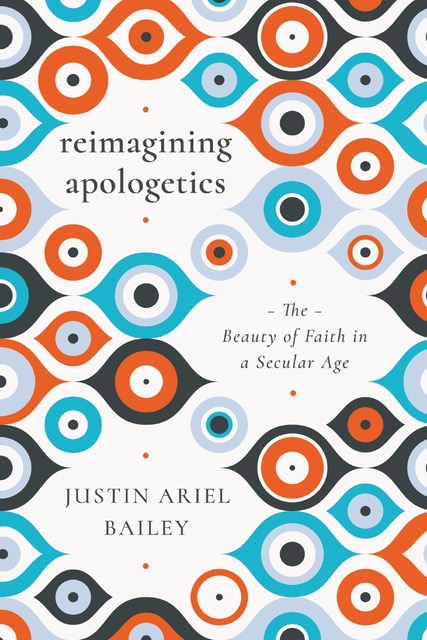Baker Academic, 2022.
Whether we interpret Scripture or culture, it matters what we do, not just what we think or feel. How do we live with our interpretation, and how do we live it out? This book helps us understand how culture forms us as political actors, moves us aesthetically, shapes the rhythms of our lives, and connects (or disconnects) us from God and neighbors we are called to love. The goal is to be equipped to engage culture with greater fluency and fidelity in response to the triune God.
This short, accessible introduction to the conversation between theology and culture offers a patient, thoughtful, and theologically attuned approach to cultural discernment. It helps us grow our interpretive skill by training our intuition and giving us a slower, more deliberate approach that accounts for as much of the complexity of culture as possible. The book explores 5 dimensions of culture–meaning, power, morality, religion, and aesthetic–and shows how each needs the others and all need theology. Each chapter includes distinctive practices for spiritual formation and practical application. Foreword by Kevin J. Vanhoozer
IVP Academic, 2020.
How should one proclaim of the gospel of Jesus Christ in a secular age?
For many Christians, the traditional approach of apologetics has grown stale. In light of the current secular climate, as described by Charles Taylor and others, rhetorical strategies that previously served the church and apologists well are no longer effective.
This book seeks to address this dilemma by infusing apologetics with an appeal to the imagination, the aesthetic, and the affective. Demonstrating that this is possible, it engages with two examples of those who have done apologetics through the imagination: George MacDonald and Marilynne Robinson. By beginning with the imaginative and the aesthetic dimensions of faith before expounding proofs, hearers of the good news will find both their hearts and their minds engaged.
Hak Joon Lee and Timothy A. Dearborn, eds
IVP Academic, 2020.
Racism. Immigration. Gun violence. Sexuality. Health care. The number of ethical issues that demand a response from Christians today is almost dizzying. How can Christians navigate such matters? What are faithful responses to these questions? Edited by two theologians with pastoral experience, this volume invites engagement with these issues and more by drawing on real-life experiences and offering a range of responses to some of the most challenging moral questions confronting the church today. With an unflinching yet irenic approach, this resource can help Christians as they seek to act justly, love mercy, and walk humbly with God.
Chapter 15: “Social and Entertainment Media”
Kevin J. Vanhoozer, Charles Anderson and Michael Sleasman, eds.
Baker, 2007
Everyday theology is the reflective and practical task of living each day as faithful disciples of Jesus Christ. In other words, theology is not just for Sundays, and it’s not just for professional theologians. Everyday Theology teaches all Christians how to get the theological lay of the land. It enables them to become more conscious of the culture they inhabit every day so that they can understand how it affects them and how they can affect it. If theology is the ministry of the Word to the world, everyday theologians need to know something about that world, and Everyday Theology shows them how to understand their culture make an impact on it. Engaging and full of fresh young voices, this book was the first in the Cultural Exegesis series.
Chapter 8: “Welcome to the Blogosphere”



